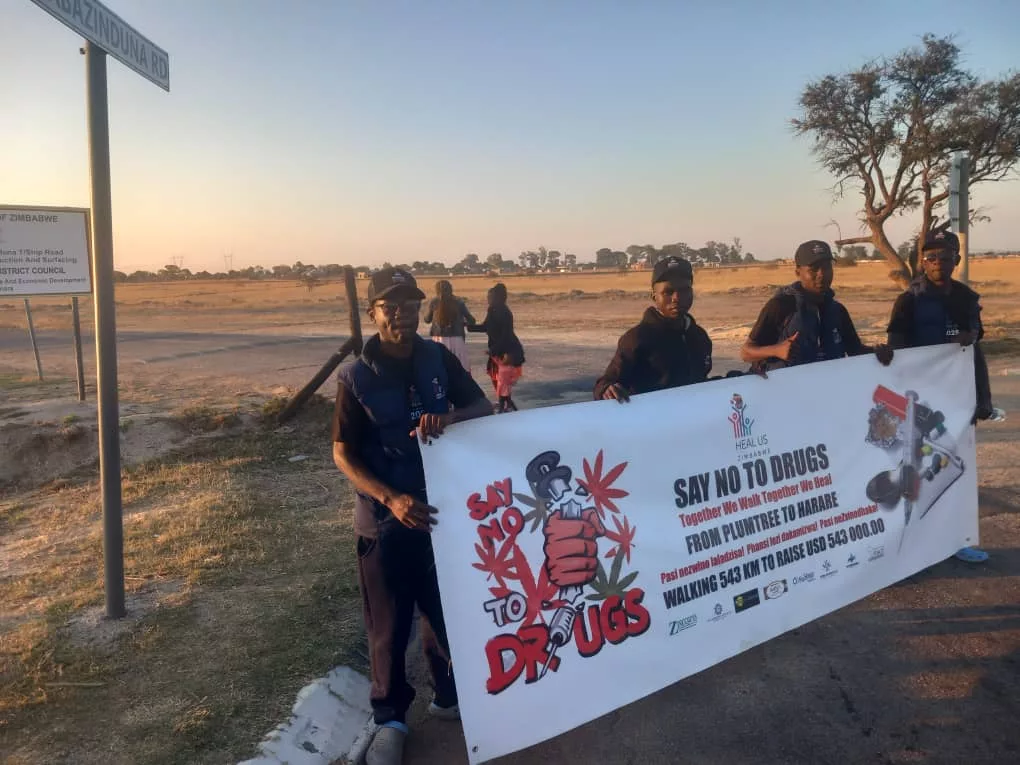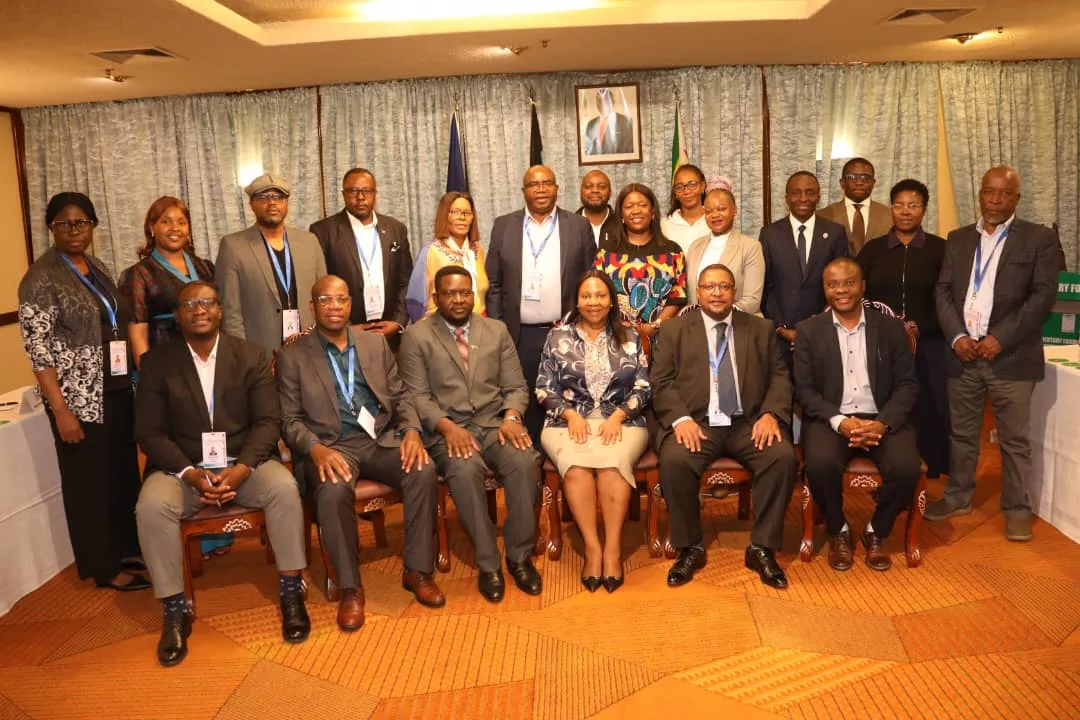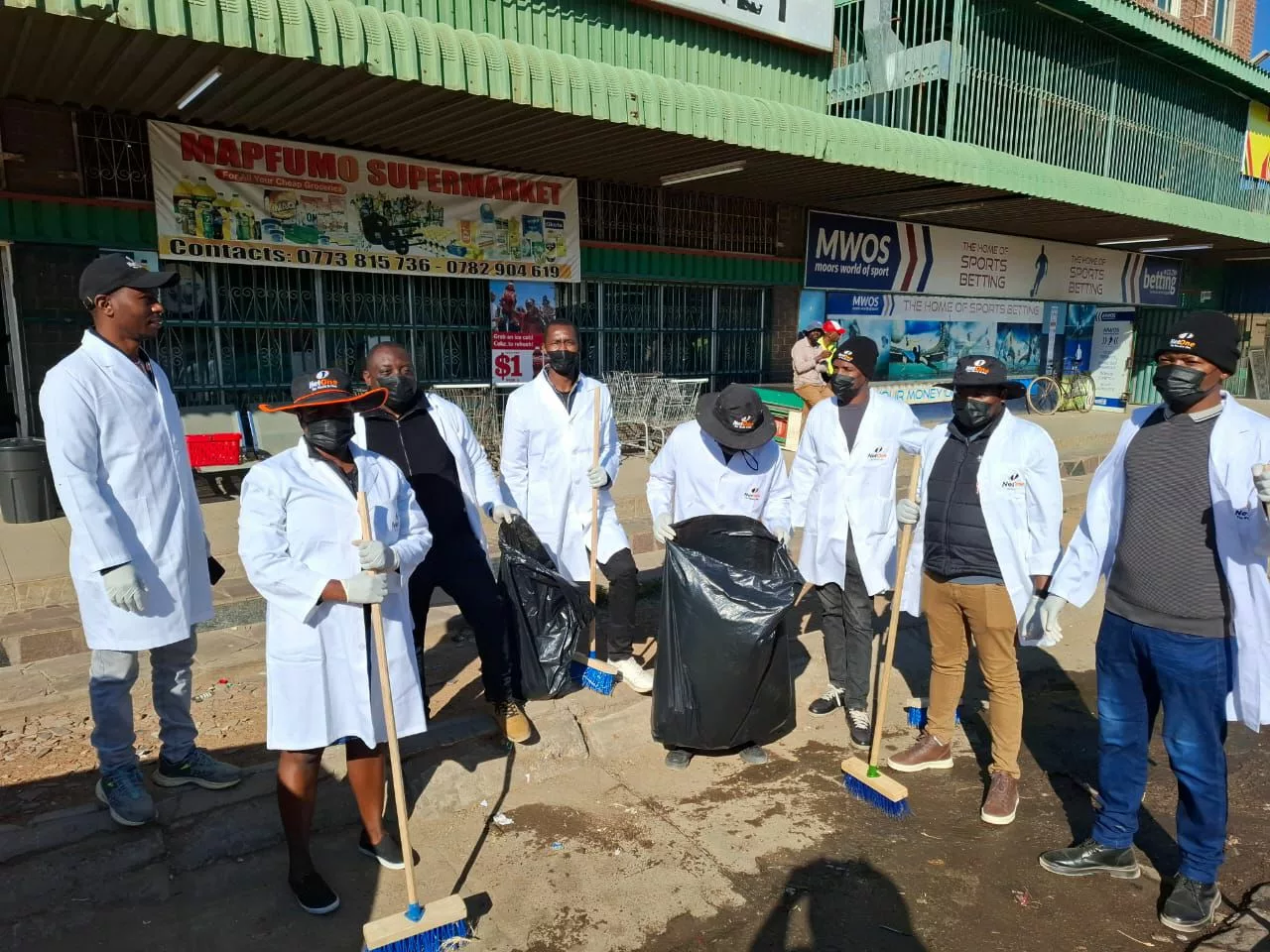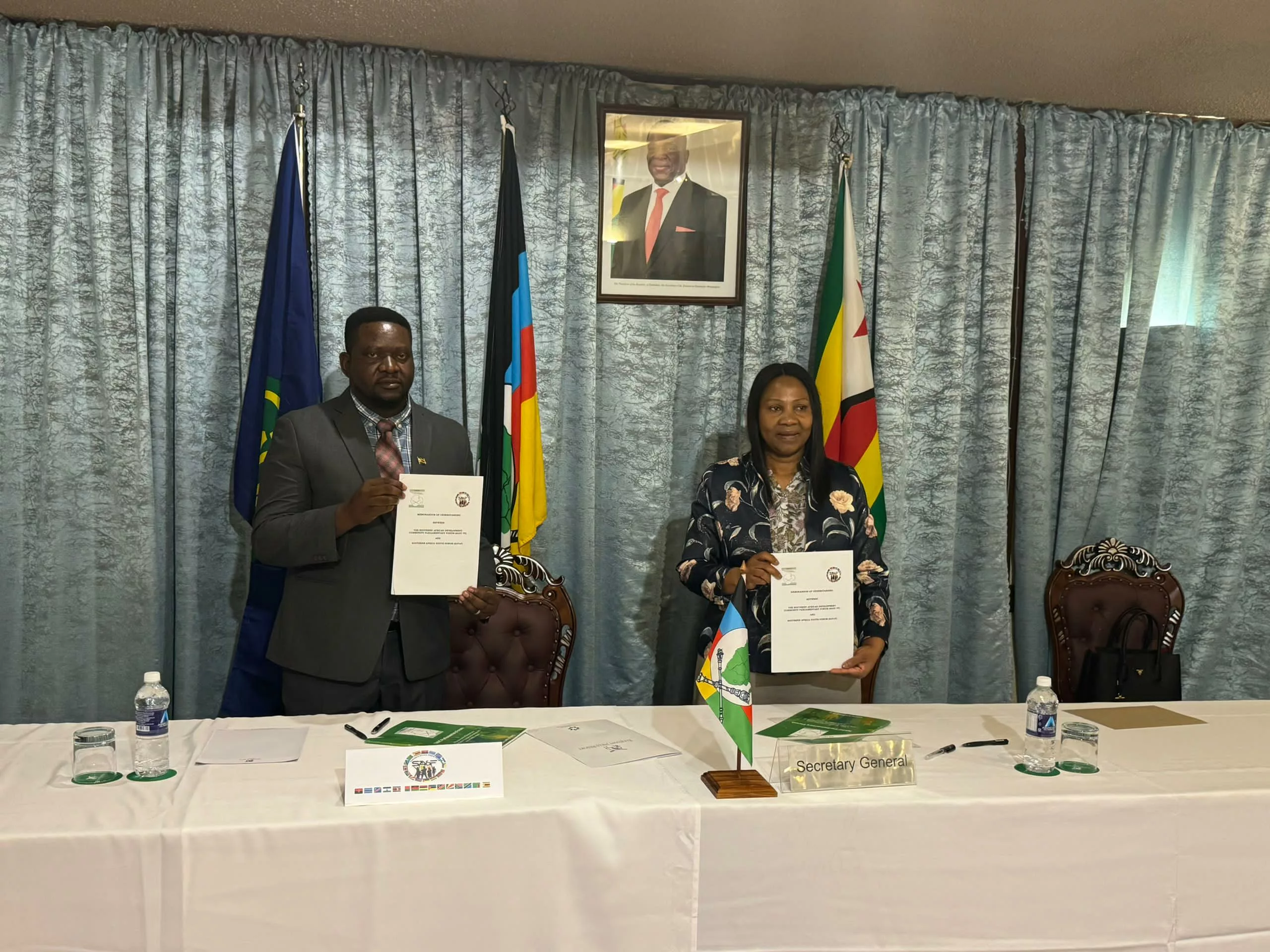By Zimbabwe Coalition on Debt and Development
Mineral resource leakages continually undermine Zimbabwe and Africa’s efforts to tap into the economic potential presented in the vast mineral resources. The Government of Zimbabwe is envisioning a US$12 billion mining industry by 2023. According to the 2021 Budget Strategy Paper, mining will be the leading sector in sustaining high and shared growth during the 2021 fiscal year. However, this vision might remain a mirage if efforts are not directed towards curbing illicit financial flows in the mining sector. The main focus of this short paper is to explore the impact of illicit financial flows, especially in the gold sector, on domestic resource mobilisation and proffer recommendations.
The World Bank defines Illicit Financial Flows (IFFs) as the cross-border movement of capital associated with illegal activity or more explicitly, money that is illegally earned, transferred, or used that crosses borders.
Illicit Financial Flows, therefore, entails the illegal acts themselves for instance corruption, tax evasion; that the funds are the results of illegal acts for example smuggling and trafficking in minerals, wildlife, drugs, and people; or the funds are used for illegal purposes for example financing of organized crime. Every year, an estimated $88.6 billion, equivalent to 3.7% of Africa’s Gross Domestic Product (GDP), leaves the continent as illicit capital flight, (United Nations Conference on Trade and Development, 2020).
The revenue lost through IFFs would go a long way in turning around
Africa’s economic and social fortunes in as far as sustainable development is concerned.
IFFs in Zimbabwe’s gold sector and its impact on Domestic Resource Mobilisation
Illicit financial flows are increasingly becoming a cause for concern at the national and global levels especially in relation to the realisation of Sustainable Development Goals (SDGs).
The attainment of Sustainable Development Goals largely rests on sustainable domestic resource mobilisation to provide the much-needed revenue to finance public and private expenditure. The obvious impact of illicit financial flows is the loss of revenue much needed for the attainment of SDGs hence; they prejudice countries of millions and billions of dollars which would have been channelled towards domestic consumption and for private and public investment.
Last week, both mainstream and social media platforms were awash with stories of the arrest of Zimbabwe Miners Federation (ZMF) President, Henrietta Rushwaya at the Robert Gabriel Mugabe International Airport whilst trying to smuggle 6kg of gold to Dubai4 in contravention of Section 182 of the Customs and Excise Act which sets out penalties for any person found smuggling goods into or outside the country.
The attempt by Rushwaya to smuggle gold with an estimate worth of US$333 000 is only but a microcosm of the macrocosm of the huge sums of gold and other precious minerals smuggled out of the country.
If the figure is anything go by, if sold officially, the amount from the gold would go a long way in covering the financial gap existing in the public service delivery sector. This would also help in creating additional fiscal space much need for critical growth-enhancing investments.
In the case of Zimbabwe, the mining sector accounts for the bulk of IFFs and this is more prominent in the gold sector. A study conducted by AFRODAD estimated that between the period 2009 – 2013, Zimbabwe lost US$2.83 billion, through illicit flows, translating to an annual average of US$570.75 million, and of the cumulative outflows, 97.88% of 6 billion were in the mining sector.5 In 2019, the Minister of Finance and Economic Development is quoted to have said that Zimbabwe may have lost between 30 tonnes and 34 tonnes of gold to smuggling in neighbouring South Africa.
This is attributed to a number of factors including corruption, dysfunctional regulation, weak enforcement of rules, tax evasion, tax avoidance, smuggling, lack of transparency and accountability in the collection and management of natural resource revenues, and limited information on the quantity and quality of geological deposits.
Furthermore, Prof. Mthuli Ncube is alleged to have attributed gold leakages to unfriendly mining policies in the country including foreign currency retention which prejudice gold producers. Whether the mining policy regime is to blame or not, it is a fact that the country is prejudiced of millions of dollars annually through the smuggling of the precious mineral.
Domestic resource mobilisation is one of the most sustainable ways of raising revenue to fund public services and finance national development in general. In cases where there is no effective domestic resource mobilisation, countries often resort to unsustainable borrowing and this has plunged countries like Zimbabwe into serious debt distress.
It is through domestic resource mobilisation that social and economic woes like poverty, hunger, negative economic growth can be alleviated. The World Bank also suggests that illicit financial flows reduce domestic resources and tax revenue needed to fund poverty-reducing programs and infrastructure in developing countries.
Recommendations
- The government must consider an upward review of the foreign currency retention threshold in the gold sector to motivate gold producers to sell their gold through the formal gold market.
- Lack of political will and political interference in the operations of the anti-corruption institutions undermines the effectiveness of institutions and legislation responsible for combating illicit financial flows. There is a need for the government to demonstrate the political will to arrest and prosecute perpetrators and guarantee the independence of the responsible institutions.
- The government should invest in information technology to ascertain the quantity and quality of geological deposits to curb under-declarations of quantity and quality of minerals to reduce illicit outflows of money from the country.
- The government should immediately join the Extractive Industry Transparency Initiative. This will go a long way in ensuring transparency and accountability in the mining sector.






